Neuralink, after FDA approval, embarked on a clinical trial targeting quadriplegic individuals, triggering ethical debates amid allegations of animal welfare concerns.
In an electrifying update, Elon Musk spills the cosmic beans, revealing a major leap in his grand vision – the inaugural human now sports a brain implant courtesy of his cutting-edge Neuralink company!
The individual, still shrouded in mystery, is on the road to recovery, as Musk joyfully announced on X, the platform formerly known as Twitter. Musk expressed optimism, citing promising initial results in detecting neuron spikes, a key indicator of communication between our brains and nervous systems.
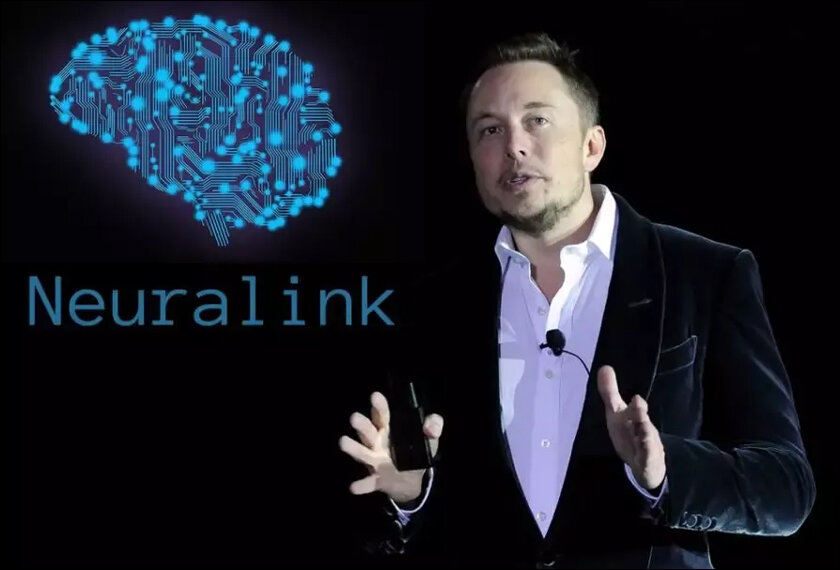
This development follows Neuralink’s months-long effort to enlist human participants for its clinical trial, receiving approval from the Food and Drug Administration (FDA) last May. The trial targeted individuals aged 22 and above grappling with quadriplegia from spinal cord injuries or amyotrophic lateral sclerosis (ALS), a condition causing loss of body control. The strides in this endeavor mark a significant milestone for Neuralink’s pursuit of advancing neuroscience.
There has been controversy over Neuralink:
Neuralink’s journey has not been without controversy, as questions arose about its research practices and Musk’s portrayal of the work. In 2022 and 2023, reports surfaced, suggesting detrimental effects on monkeys and other animals involved in testing. Allegations included the euthanasia of up to 12 monkeys as part of the research. The ethical considerations surrounding Neuralink’s experiments have sparked debates on the intersection of scientific progress and animal welfare.
Addressing the allegations, Musk clarified in September, stating, “No monkey has died as a result of a Neuralink implant.” He explained that, in early tests, they selected “terminal monkeys (close to death already)” to minimize risks to healthy animals. The comments aimed to provide context to the controversial aspects of Neuralink’s animal testing practices.
Congress members have urged the Securities and Exchange Commission to investigate Musk’s portrayal of Neuralink’s use of animals in testing implants. Their concern centers on whether Musk may have overstated the marketability of the implants. The request highlights growing scrutiny over ethical considerations and transparency surrounding Neuralink’s practices.
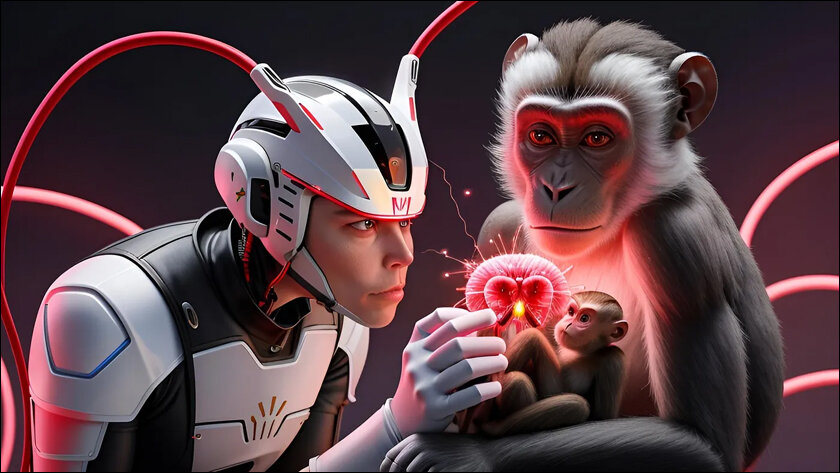
Lawmakers, including Reps. Earl Blumenauer and Adam Schiff, have requested the U.S. Agriculture Department to investigate potential conflicts of interest among individuals on the panel overseeing animal testing at Neuralink. The scrutiny reflects a broader concern about the ethical aspects of Neuralink’s research practices and its impact on animals involved in testing.
Neuralink testing
Neuralink has faced criticism for engaging in testing that reportedly led to the deaths of around 1,500 animals, including sheep, monkeys, and pigs, according to a report by Reuters in December 2022. The ethical concerns surrounding animal welfare in Neuralink’s research practices have raised questions about the company’s approach to testing and its commitment to ensuring the well-being of the subjects involved.

In July 2023, the US Department of Agriculture, responsible for investigating animal welfare concerns, stated that it had not identified any violations of animal research rules at Neuralink. However, a separate investigation by the agency is still underway. Despite the ongoing inquiry, Elon Musk’s company received FDA approval in May 2023 to conduct human testing of the brain implant chip.
The FDA’s approval marked the commencement of a six-year study, employing a robot to surgically implant 1024 electrodes distributed across 64 flexible threads-thinner than a human hair-onto a brain region overseeing “movement intention,” as detailed by Neuralink.
Neuralink’s innovative threads enable its experimental implant, powered by a wirelessly chargeable battery, to record and transmit brain signals seamlessly to an app. This app decodes the individual’s movement intentions. While such interfaces typically involve invasive neurosurgery and remain in the experimental stage, widespread availability may take several years.
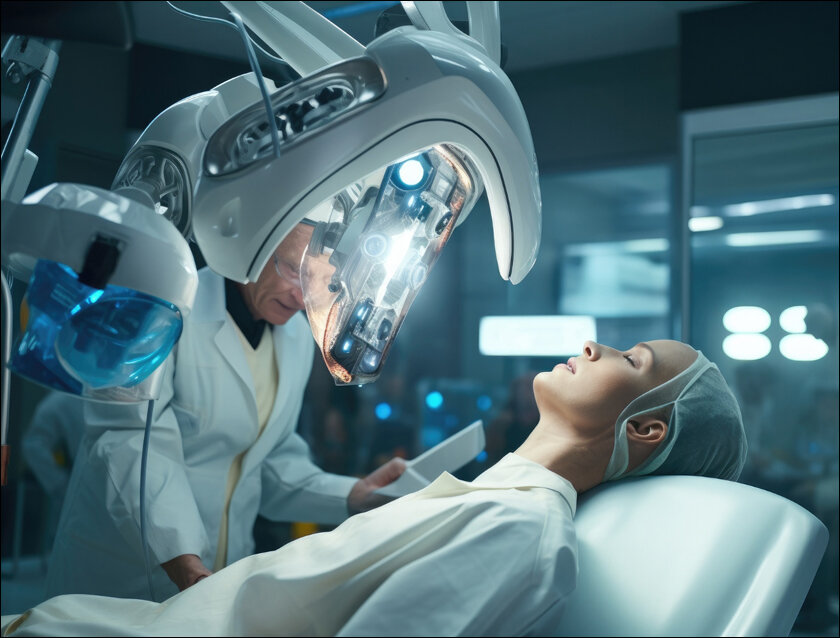
The trial utilizes a robot during surgery:
Neuralink’s clinical trial, aptly named PRIME (Precise Robotically Implanted Brain-Computer Interface), employs a robotic assistant for the surgical insertion of implant wires into a brain region associated with movement.
Neuralink’s groundbreaking device is crafted to decipher an individual’s neural signals, enabling seamless computer or smartphone operation through mere intention-no wires or physical actions needed. Join the future, become a volunteer!
Employing state-of-the-art technology, Neuralink’s implant procedure utilizes custom-made microscopic needles with tips as narrow as 10 to 12 microns-just slightly larger than a red blood cell’s diameter. This precision ensures minimal damage to the cortex during thread insertion.
Neuralink’s PRIME trial aims to implant a small, cosmetically invisible device in a brain region responsible for planning movement. The futuristic endeavor strives to seamlessly integrate technology with human cognition.
Telepathy
Elon Musk introduces Neuralink’s inaugural product, “Telepathy,” envisioning thought-controlled device management. Prioritizing those with limb loss, Musk imagines empowering individuals like Stephen Hawking to communicate swiftly.
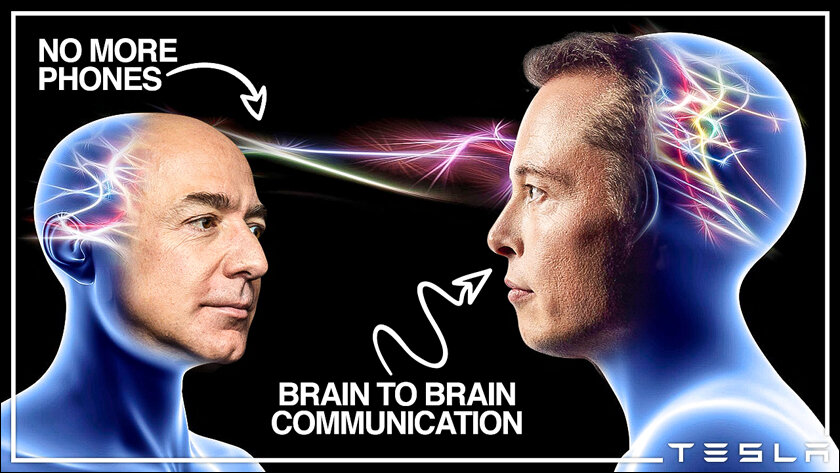
Despite Elon Musk’s prominent role, Neuralink faces competition from seasoned rivals. Blackrock Neurotech, based in Utah, boasts a legacy dating back two decades, with its first brain-computer interface implanted as early as 2004.
Precision Neuroscience, founded by a co-founder of Neuralink, pursues a similar goal to assist individuals with paralysis. Their implant, resembling a thin piece of tape, is designed to sit on the brain’s surface and can be implanted through a “cranial micro-slit,” offering a simpler procedure.
Recent scientific studies in the US utilized implants to monitor brain activity during speech attempts, decoding signals to aid communication-a promising development in neurotechnology.
In a groundbreaking update, Elon Musk unveils the latest milestone in Neuralink’s visionary project-a human with a Neuralink brain implant, marking a significant leap in neurotechnology. Musk, via X, joyfully announces the individual’s recovery, with promising results in neuron spike detection, a vital communication indicator. Neuralink, after FDA approval, embarked on a clinical trial targeting quadriplegic individual, triggering ethical debates amid allegations of animal welfare concerns. Musk’s reassurances, congressional scrutiny, and ongoing investigations reflect the evolving landscape of brain-machine interfaces. As Neuralink pioneers the PRIME trial, unveiling futuristic prospects, the intersection of innovation and ethics takes center stage, challenging the bounds of neurotechnology.



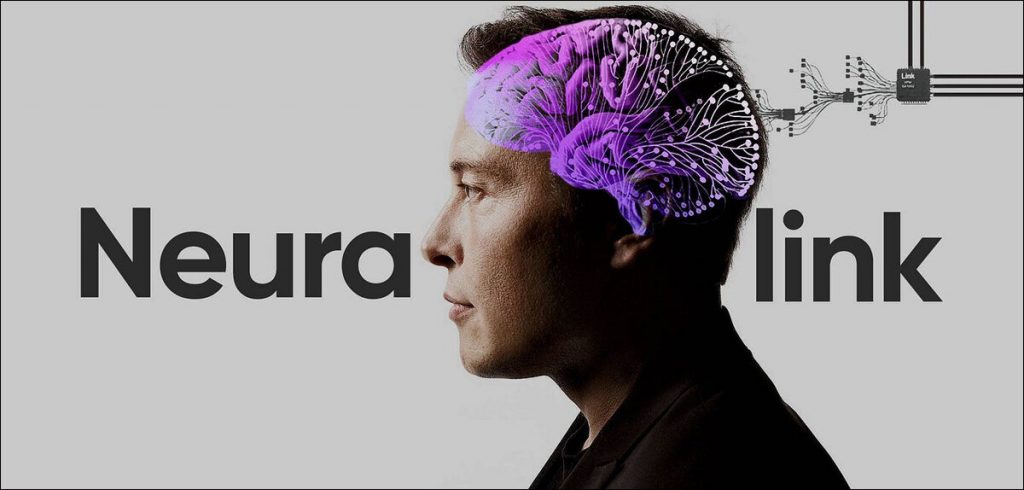






1 Comment
Welcome to 1990.
I think super Nintendo had this, just put your finger in controller and you can play the game without moving.